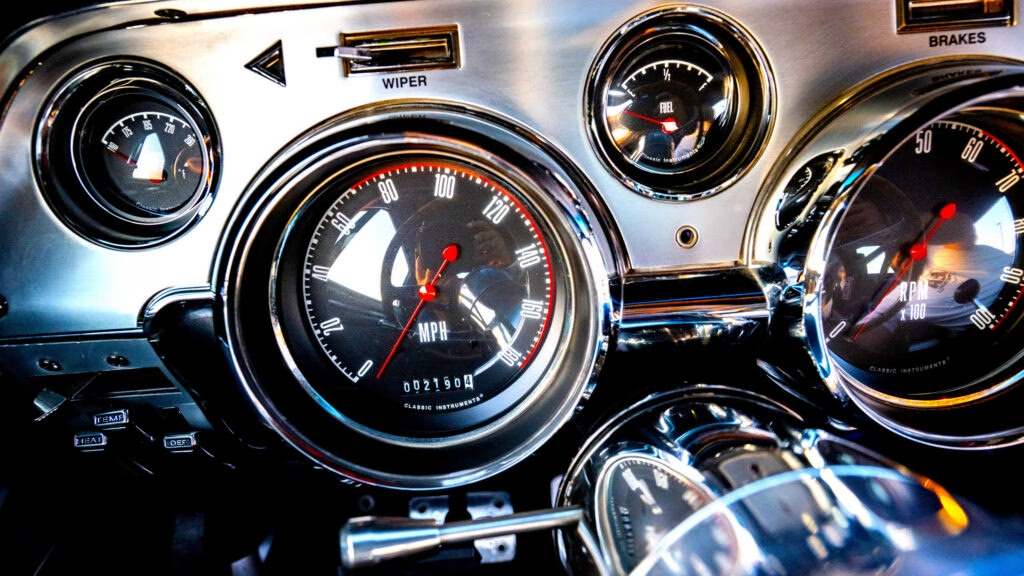The recent court ruling surrounding the iconic Eleanor Mustang has sparked renewed interest among car enthusiasts and collectors alike. For years, the legal battle over the rights to this beloved vehicle, made famous in the film “Gone in 60 Seconds,” has created a cloud of uncertainty for those looking to build their own tribute cars. But with the latest decision from the U.S. Court of Appeals, it seems the road ahead is clearer than ever.
What Happened in the Courtroom?
Denise Halicki, the widow of the original film’s director, had long argued that Eleanor was a character deserving of copyright protection. For years, she successfully pursued legal action against those who attempted to replicate the car, claiming it had unique character traits. However, the Ninth Circuit Court recently ruled against her, stating that Eleanor does not meet the criteria for character copyright protection. The judges were quite blunt, asserting that Eleanor lacks the necessary conceptual qualities and consistent traits that would define it as a character.
This ruling is a game-changer for Mustang enthusiasts. It means that those who want to create their own versions of Eleanor can do so without the looming threat of legal repercussions. The court’s decision essentially likened Eleanor to other famous vehicles, like the Batmobile, but pointed out that unlike the Batmobile, which has a distinct personality and presence, Eleanor is more of a prop than a character.
Why Does This Matter?
For many, Eleanor represents more than just a car; it’s a symbol of automotive passion and creativity. The ability to build a replica without fear of litigation opens up new avenues for customization and personal expression. Imagine being able to take the classic lines of a 1967 Ford Mustang and infuse it with your own style, all while paying homage to a piece of cinematic history.
The ruling also highlights a broader issue in the realm of intellectual property. As the lines between character and object blur, it raises questions about what can and cannot be copyrighted. The judges referenced the Towle test, a legal framework used to assess whether something qualifies for copyright protection. According to this test, Eleanor simply doesn’t cut it. The car has appeared in various forms across multiple films, lacking the consistent traits that would make it a recognizable character.
What’s Next for Mustang Enthusiasts?
With the legal hurdles now significantly lowered, the Mustang community can breathe a sigh of relief. Those looking to build their own Eleanor replicas can proceed with confidence. However, it’s worth noting that while this ruling provides a solid foundation, it doesn’t guarantee that Halicki won’t continue to pursue legal action against individual builders.
This case serves as a reminder of the complexities surrounding intellectual property in the automotive world. As car culture continues to evolve, so too will the legal landscape that governs it.
The big takeaway? Building your own Eleanor isn’t just about replicating a car; it’s about embracing a legacy. So, if you’ve been dreaming of creating your own tribute, now’s the time to get started. With the right vision and a little creativity, you could soon be behind the wheel of your very own piece of cinematic history.

